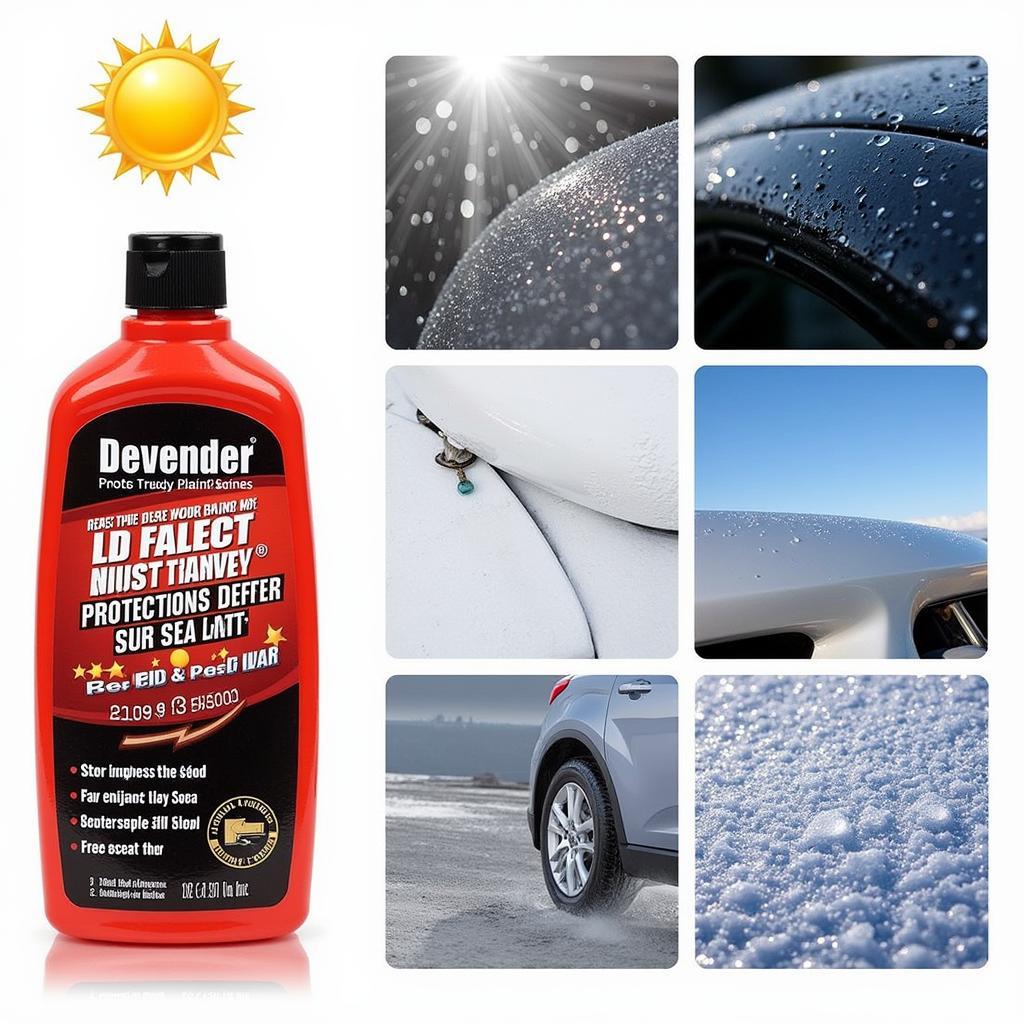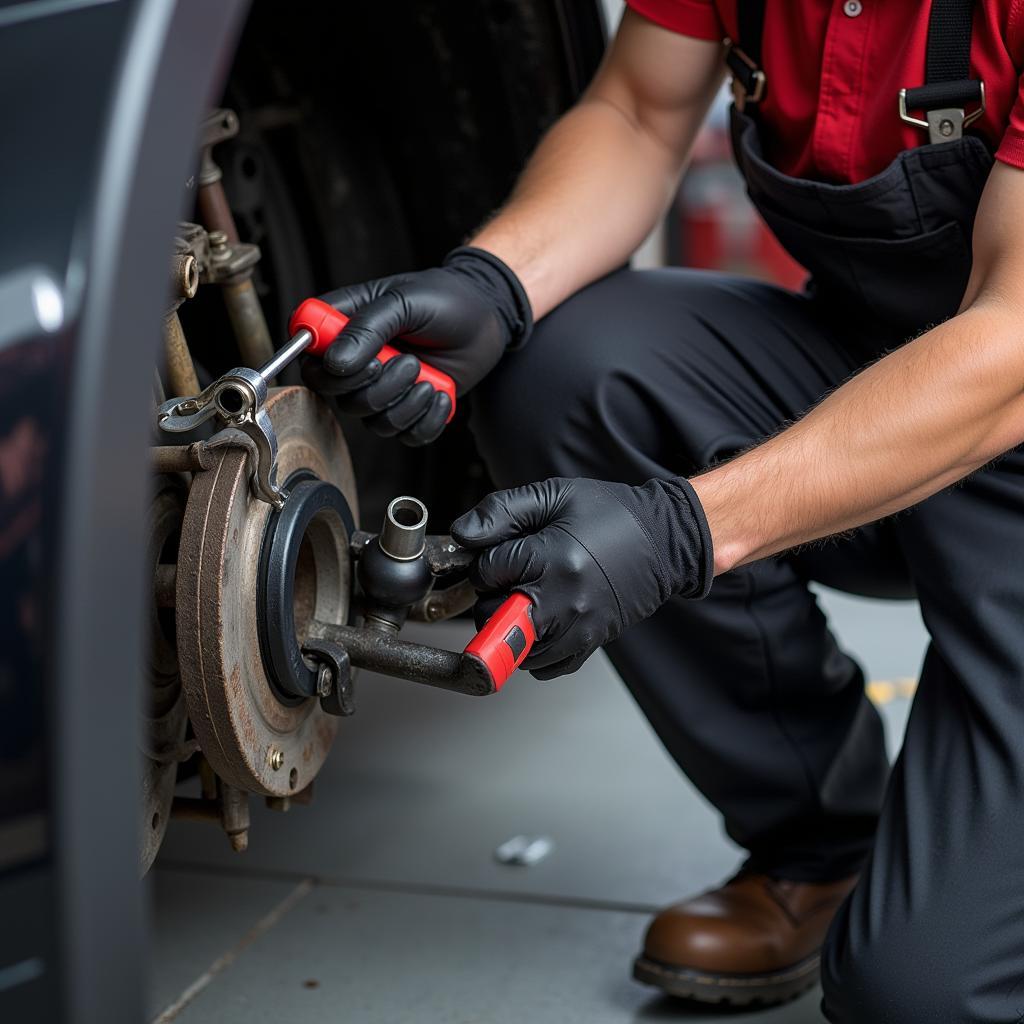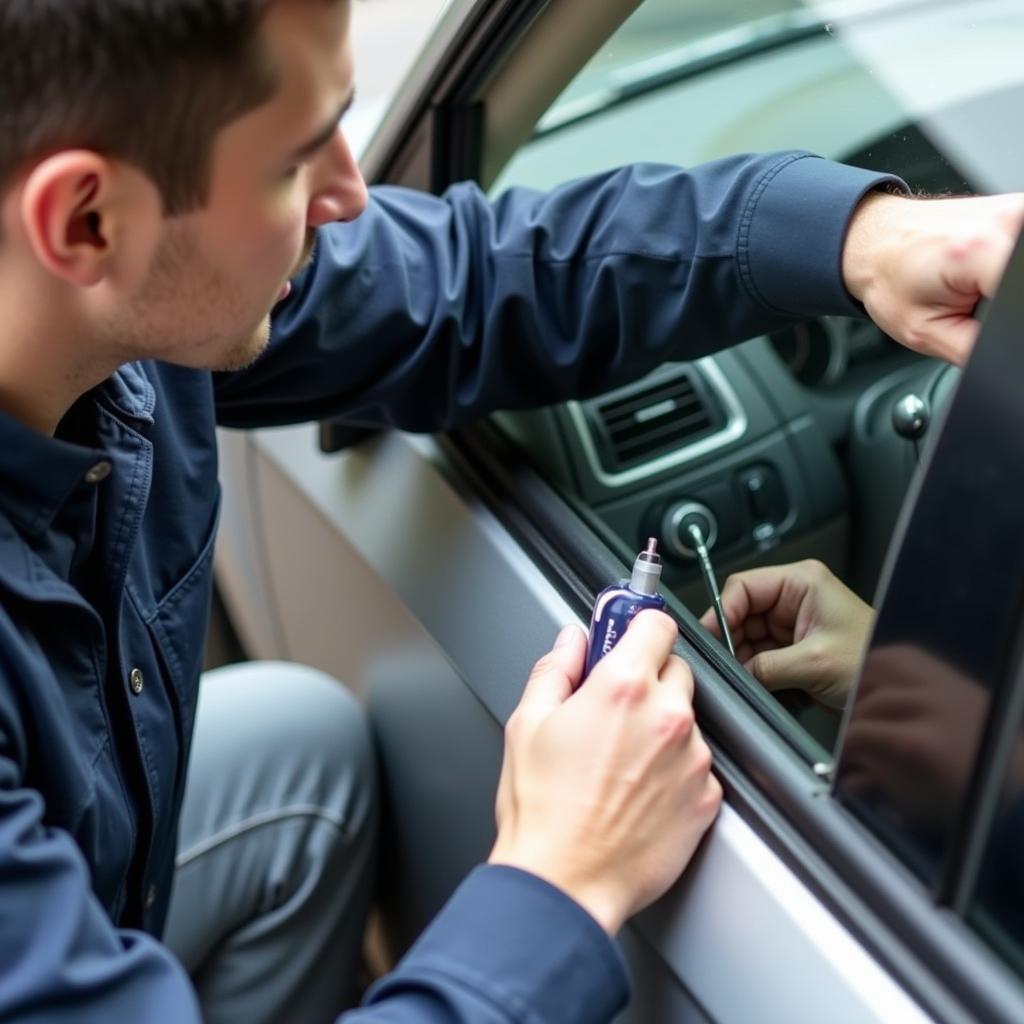Car brakes are one of the most important safety features on any vehicle, and it’s essential to keep them in good working order. If you’re experiencing problems with your car’s brake system, it’s important to get them checked out by a professional as soon as possible. This article will discuss some of the most common Car Brake System Problems and their solutions.
What are the most common car brake system problems?
There are a number of different problems that can occur with your car’s brake system. Some of the most common include:
- Brake pedal feels soft or spongy: This could indicate a problem with the brake fluid, brake master cylinder, or a leak in the system.
- Brakes make noise: Squealing, grinding, or other noises when braking could be a sign of worn brake pads, rotors, or calipers.
- Brakes don’t work properly: This could be due to a number of reasons, such as a faulty brake booster, a problem with the brake lines, or a stuck caliper.
- Brakes are pulling to one side: This is often caused by an issue with the brake pads or calipers on one side of the car.
How to diagnose car brake system problems
If you’re experiencing any of the problems listed above, it’s important to have your car inspected by a qualified mechanic. However, there are some things you can check yourself:
- Check the brake fluid level: If the brake fluid level is low, it could indicate a leak in the system.
- Inspect the brake pads: You can often see the brake pads by looking through the wheels. If they’re worn down, they need to be replaced.
- Listen for noises: Pay attention to any noises coming from the brakes when you’re driving. This could help you identify the problem.
How to fix common car brake system problems
The following are some of the most common car brake system problems and their solutions:
Brake pedal feels soft or spongy
- Problem: This is often caused by low brake fluid or a leak in the system.
- Solution: Have your car inspected by a mechanic to find the source of the leak. If it’s just low brake fluid, they can top it off. If there is a leak, they will need to repair the leak.
“A soft brake pedal is a major safety concern and should be addressed immediately,” says John Smith, a certified mechanic with over 20 years of experience.
Brakes make noise
- Problem: This could be caused by worn brake pads, rotors, or calipers.
- Solution: Have your car inspected by a mechanic to determine the cause of the noise. If the brake pads are worn, they will need to be replaced. If the rotors are worn, they may need to be resurfaced or replaced. If the calipers are sticking, they may need to be repaired or replaced.
Brakes don’t work properly
- Problem: This could be caused by a faulty brake booster, a problem with the brake lines, or a stuck caliper.
- Solution: Have your car inspected by a mechanic to determine the cause of the problem. If the brake booster is faulty, it will need to be replaced. If there is a problem with the brake lines, they will need to be repaired or replaced. If the calipers are stuck, they may need to be repaired or replaced.
Brakes are pulling to one side
- Problem: This is often caused by an issue with the brake pads or calipers on one side of the car.
- Solution: Have your car inspected by a mechanic to determine the cause of the problem. If the brake pads are worn on one side, they will need to be replaced. If the calipers are sticking on one side, they may need to be repaired or replaced.
How to prevent car brake system problems
There are a few things you can do to help prevent problems with your car’s brake system:
- Get regular brake inspections: Have your car’s brakes inspected by a mechanic at least once a year, or more often if you drive a lot.
- Change your brake pads and rotors when they’re worn: Don’t wait until your brakes are making noise to get them replaced.
- Don’t ride the brakes: This can put extra wear and tear on your brake system.
- Keep your brake fluid topped off: Check the brake fluid level regularly and top it off if necessary.
Frequently Asked Questions about Car Brake System Problems
Q: How often should I get my brakes inspected?
A: It’s a good idea to get your brakes inspected at least once a year, or more often if you drive a lot.
Q: What are the signs of worn brake pads?
A: Worn brake pads can cause squealing, grinding, or other noises when braking. You may also feel a vibration in the brake pedal.
Q: How much does it cost to replace brake pads?
A: The cost of replacing brake pads varies depending on the make and model of your car and the type of brake pads you choose.
Q: How long do brake pads last?
A: Brake pads typically last between 25,000 and 65,000 miles. However, this can vary depending on your driving habits and the quality of the brake pads.
Q: What should I do if my brakes are making a noise?
A: If your brakes are making a noise, you should have them inspected by a qualified mechanic as soon as possible.
Conclusion
Car brake system problems can be a major safety hazard. If you’re experiencing any problems with your brakes, it’s important to get them checked out by a professional as soon as possible. Regular brake inspections and maintenance can help to prevent problems and keep your brakes in good working order.
If you have any questions or need assistance with your car’s brake system, please contact AutoTipPro at +1 (641) 206-8880 or visit our office at 500 N St Mary’s St, San Antonio, TX 78205, United States.







Leave a Reply